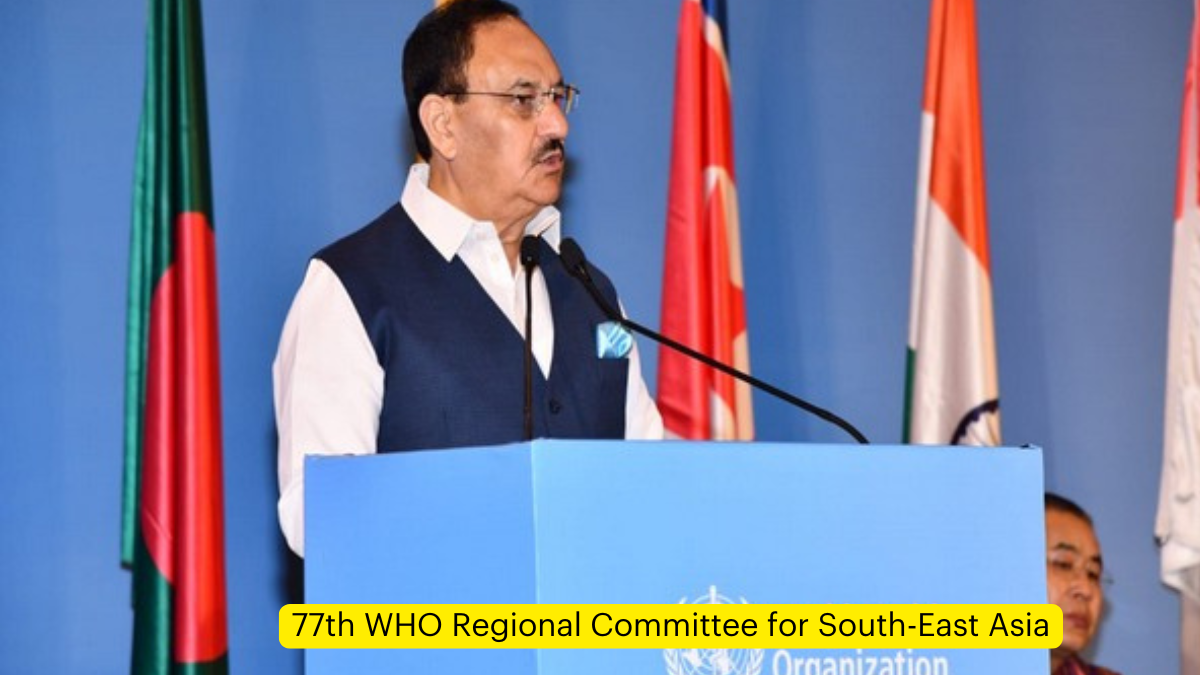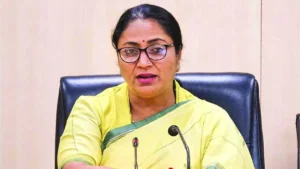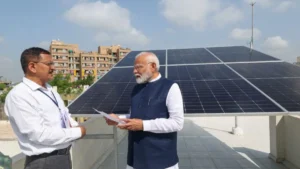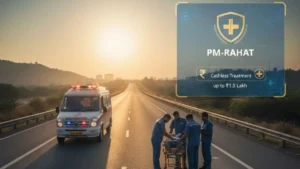The World Health Organisation (WHO) has commenced its 77th Regional Committee session for Southeast Asia in New Delhi, marking a significant gathering of health leaders from across the region. This three-day conference, running from October 7 to 9, brings together health ministers and delegates from eleven member states to address critical public health challenges and forge collaborative solutions.
Leadership and Participation
Chairperson Election
JP Nadda, India’s Minister of Health, has been elected as the Chairperson of the 77th Session, bringing his extensive experience in health policy to guide the deliberations.
Member Nations
The session brings together representatives from eleven Southeast Asian countries:
- Bangladesh
- Bhutan
- Democratic People’s Republic of Korea
- India
- Indonesia
- Maldives
- Myanmar
- Nepal
- Sri Lanka
- Thailand
- Timor-Leste
Regional Health Landscape
Current Challenges
Dr. Razia Pendse, Chef de Cabinet of the WHO, highlighted several critical challenges facing the region:
- Rising burden of non-communicable diseases
- Increasing concerns about mental health
- Need to reduce neonatal and under-5 mortality
- Growing threat of antimicrobial resistance
- Persistent challenge of tuberculosis
Population Impact
The decisions made during this session will affect nearly two billion people in the Southeast Asia region, underlining the significance of the deliberations and outcomes.
Strategic Vision and Leadership
Collaborative Approach
In his inaugural address, Chairperson JP Nadda emphasized the transcendent nature of health issues, stating: “Health transcends borders, necessitating a holistic and collaborative approach. By learning from each other’s successes and challenges, we can enhance the resilience of health systems.”
Regional Roadmap
Saima Wazed, WHO’s Regional Director for Southeast Asia, stressed the inclusive nature of the regional health strategy: “The regional roadmap belongs to all our countries and all our peoples. We feel the duty to protect the weak, the vulnerable, the orphan child, the disabled, and the elderly with no family.”
Technical Programme and Priorities
Key Focus Areas
Under Director Wazed’s leadership, WHO SEARO has outlined several priority areas:
- Emergency response and pandemic preparedness
- Effective resource mobilization
- Addressing climate change impacts on health
- Achieving universal health coverage
Implementation Strategy
The technical programme encompasses:
- Development of robust health systems
- Enhancement of healthcare accessibility
- Promotion of sustainable health practices
- Strengthening of regional cooperation
Conference Agenda
Three-Day Deliberations
The meeting will span three days, featuring:
- In-depth discussions on regional health challenges
- Strategic planning sessions
- Collaborative problem-solving workshops
- Policy formulation and alignment
Expected Outcomes
The session aims to:
- Establish concrete action plans for identified priorities
- Strengthen regional health cooperation
- Develop mechanisms for resource sharing
- Create frameworks for emergency response
Regional Health Objectives
Long-term Vision
The committee’s work aligns with WHO’s broader objectives of:
- Building resilient health systems
- Ensuring equitable access to healthcare
- Promoting preventive health measures
- Addressing region-specific health challenges
Collaborative Framework
The session emphasizes:
- Knowledge sharing between member states
- Joint initiatives for health improvement
- Standardization of health practices
- Development of regional health protocols
Summary of the News
| Summary/Static | Details |
| Why in the news? |
|
|
Leadership
|
|




 Delhi to Implement ‘Rah-Veer’ Scheme to ...
Delhi to Implement ‘Rah-Veer’ Scheme to ...
 2 Years of PM Surya Ghar Scheme: Rooftop...
2 Years of PM Surya Ghar Scheme: Rooftop...
 From Seva Teerth, PM Modi Announces PM R...
From Seva Teerth, PM Modi Announces PM R...








